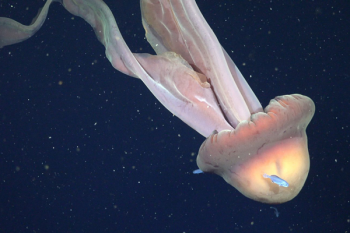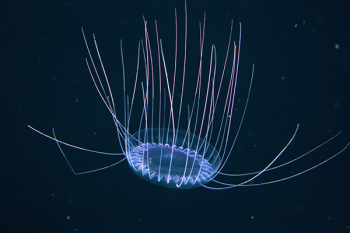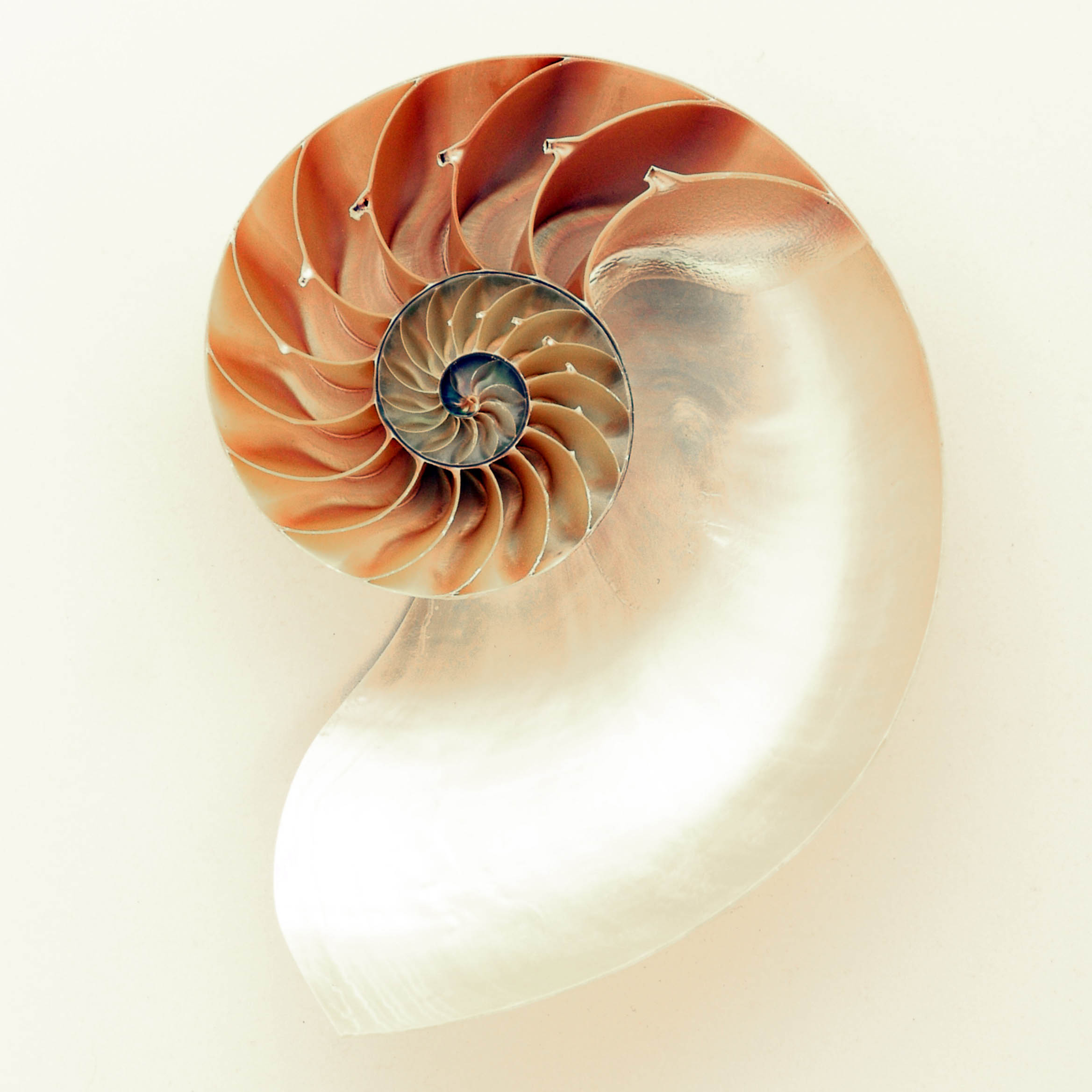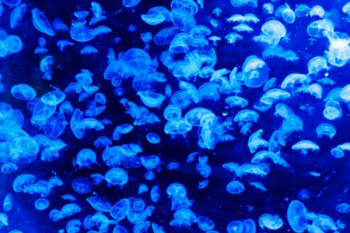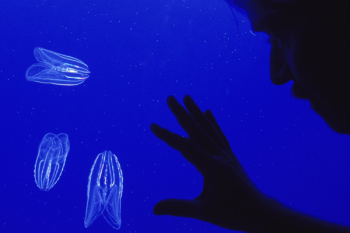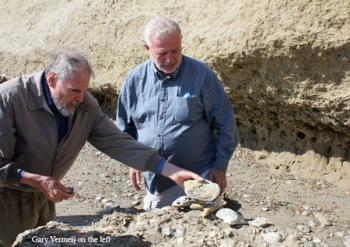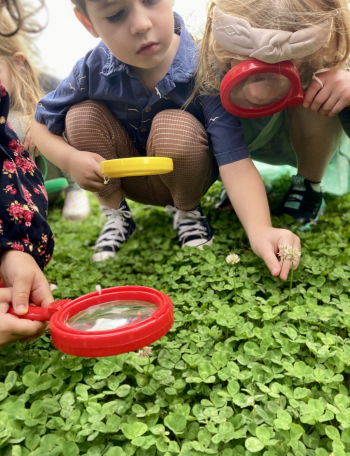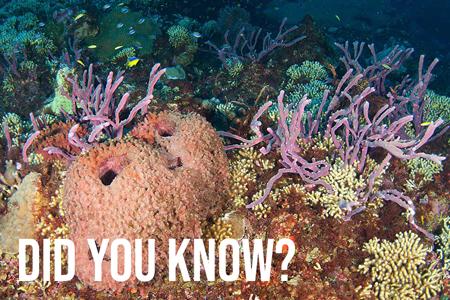
“Darwin's Paradox” asks how productive and diverse ecosystems like coral reefs thrive in the ocean equivalent of a desert with few nutrients.
The answer is sponges. Sponges are key components of coral reefs worldwide. They provide nutrients to reef organisms in what scientists call the “sponge loop.” In 2013 scientists discovered that sponges living on coral reefs are part of a highly efficient recycling loop for dissolved organic matter (DOM) shed by algae and corals.
“The largest source of energy and nutrients produced on the reef consist of things you cannot see,” said Jasper M. de Goeij, a marine biologist at the University of Amsterdam. “And no one else but sponges can make use of that source.”
As sponges pump huge amounts of water through their bodies, they absorb DOM, converting it into cellular waste that becomes food for reef consumers. Coral reef ecosystems could not thrive without sponges.
